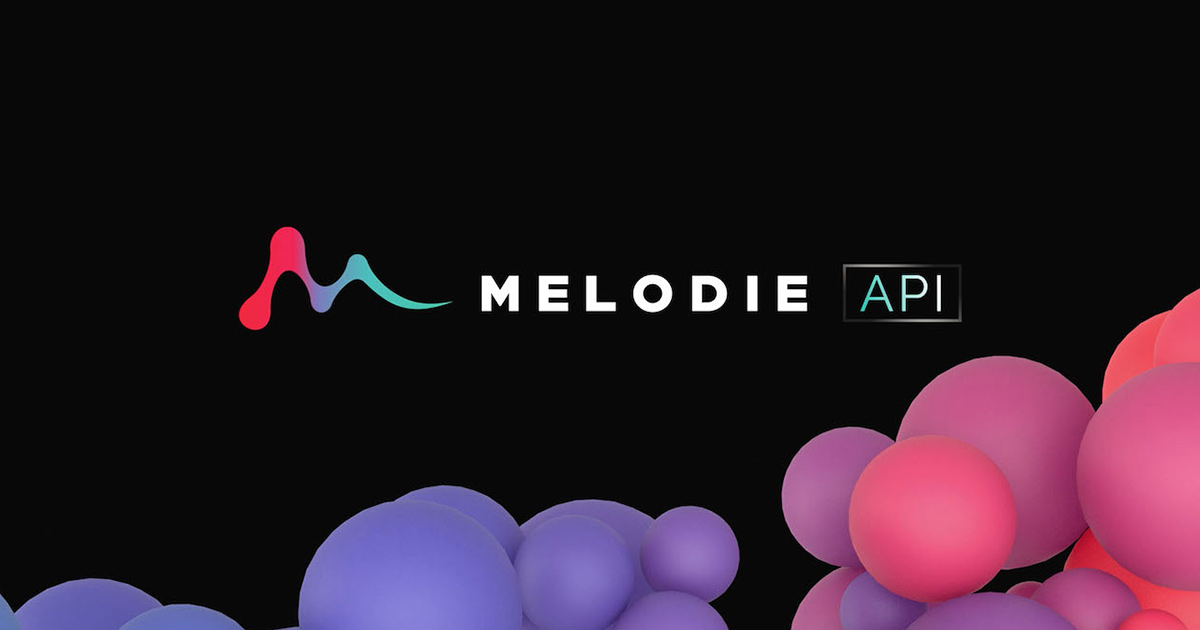With Melodie, Copyright-Safe Music Is Top Tier
The Origin Story of Music Tech Startup Melodie

Last Updated: By TRUiC Team
For companies and content creators alike, finding copyright-safe music is difficult. Finding copyright-safe music that is composed by top-tier composers, even more so. Enter Melodie, the music tech startup founded by Evan Buist in partnership with Uncanny Valley in Australia.
With Melodie, the client and the composer are the priority, with fair payouts for the artists and the threat of a copyright issue a worry of the past for clients. “We have two core products, which is both the Melodie platform that you will have seen, where you can search around and listen to music and click genre and mood and all of that jazz.” Buist explained in his interview with the Startup Savants podcast, “And we also in the last year have built an API which connects up with creative platforms.” This is the origin story of how Buist and his team built the successful, copyright-safe music tech startup, Melodie.
From NeedAJingle to Melodie
Before Buist formed Melodie, however, the founder had launched a music startup of a different kind – NeedAJingle. “I created a startup business called NeedAJingle in 2014, which was a crowdsourced bespoke music platform whereby we grew to around 700 composer users who were pitching on advertising briefs,” Buist explained. “We'd have a brand that would come in and say, ‘We need a 30-second piece of music for a shoe ad or something.’ Music would come in, the brand would choose the best one, the best one would win the license fee.”
Unfortunately, an excellent resource for composers, NeedAJingle wasn't the scale-up Buist had in mind, and keeping up with quality control was difficult, causing the standard of content to slip. Rather than fold the business, Buist decided to take the foundational concept of NeedAJingle and pivot the startup to create Melodie with the intent of not only creating a profitable version of his former company but also providing higher-quality music for users.
To do this, Buist and his team had to whittle down NeedAJingle’s 700 composers to a mere 15 to start. The tech behind the company needed help, too; therefore, Buist purchased a code base from a small company in Germany and, with his audio production background, tweaked it to create an ideal set of features. All adjustments were made with the intention of streamlining audio production for TV, film, and other media while providing widespread access to “copyright-safe” music. As this is an issue Buist knows the industry struggles with, “I would say based on experience and just working with creatives, selecting music for promos and advertising, there's a lot of pain points in this industry. It's based on copyright law; it's a very old-fashioned industry.” He explains. “There are licensing structures that can be very complex and difficult to even understand if you don't have a Ph.D. in music licensing, things like term and territory and all of the clauses that you'll look at in agreements. So, we wanted to create something that was intuitive and easy to find really high-quality music, and then simple to license.”
Music Authenticity Through Diversification
Now, with over 100 composers on the Melodie platform, the startup is looking to diversify. “We're striving for all kinds of diversity from gender to ethnicities to LGBTQI, because we believe through diversity in our composer base comes authenticity across all styles of music,” Buist says.
In the past two years, the company has taken strides to actively find composers from different backgrounds starting with female composers. “We started really reaching out and working hard to find great female composers, of which there are so many around the world, really, really talented, amazing artists,” Buist says. The startup was successful in evening out the distribution of male and female composers on the platform; however, that was only the beginning. As Melodie begins its transition into offering services in the US, the founder says they are working even harder to represent composers of different races. And the driving force behind this isn’t simply for diversity's sake — it is to ensure an authentic cultural experience. “We want to have authenticity across the musical styles that we're working with, that typically can come from culture really,” Buist says. “I mean, in an authentic way. Anyone can play the didgeridoo, but they probably shouldn't unless they're an indigenous Australian.”
What’s Next for Melodie
Now that Melodie has taken on the music tech sector in Australia, their sights are set stateside. With a US launch in January of 2022, the Melodie team has high hopes for their US debut, according to Buist: “Australia we have done really well, and now we're just looking to replicate that in a bigger market … Australia just for reference is 3.5% of the global market, the US is 50. So, we're trying to just do what we've done in Australia and replicate that over there, where there are a lot more libraries.” With heavy-hitting names like National Geographic, A&E, and Nickelodeon on Melodie’s roster, it seems the sky's the limit for this accessible music tech startup.
Next Steps:
- Check out Melodie’s company profile, their insights for aspiring entrepreneurs, and ways to support them!
- Keep up with more startup companies by visiting our list of the top startups to watch.
- Hear startup stories from real founders on the Startup Savants podcast.
- Form your own startup by reading our review of the best online incorporation services.
Tell Us Your Startup Story
Are you a startup founder and want to share your entrepreneurial journey with our readers? Click below to contact us today!


